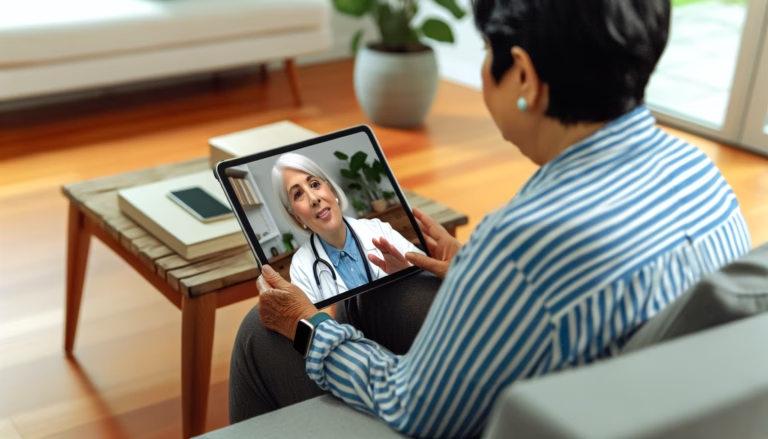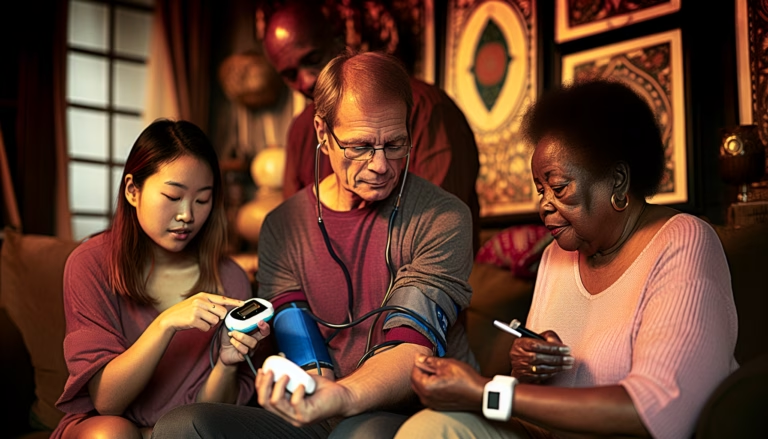With the rise of telemedicine and other health-related virtual services in recent years, home health care has become an increasingly practical solution for individuals managing chronic conditions, post-operative recovery, or other health needs. But with this transition to a more independent, home-based set-up comes the need for greater understanding and effective management of one’s medication. Safely storing, organizing, and taking your medication as prescribed is crucial in maintaining good health and preventing any complications or side effects.
Understanding Your Medication
Before you even start to organize your medication, it’s important that you understand what each medication does, its side effects, and any special instructions. Always ask your physician or pharmacist if something is unclear. Also, maintain a list of all your medication along with their dosages and timings which can serve as a handy reference and be shared with any healthcare providers if needed.
Organizing Your Medicines
There are several methods to organize your medication effectively. You can use a pill box organizer, which has compartments for each day of the week (and often different times of the day). This can be especially useful for those on multiple medications. However, ensure to refill it correctly each week.
An alternative method for people on fewer medications or those who prefer a digital format could be to use reminder apps. These not only remind you to take your medication but can also provide information about the drug and monitor your adherence.
Safe Storage Practices
Medicines should ideally be stored in a cool, dry place away from sunlight. Avoid places that are prone to heat and humidity, like bathrooms or kitchens. Ensure that all medicines are out of reach of children or pets. Refrigerate medicines if instructed. Always keep medicines in their original packaging, which contains important information like the expiry date and batch number.
Getting Rid of Unused or Expired Medicines
Do not consume expired medicines as they may not be effective or could be harmful. Similarly, if you have leftover medication from a past illness, do not self-prescribe them later without consulting a healthcare professional. Many pharmacies and local governments have take-back programs to dispose of unused or expired medicines safely.
Maintaining a Medication Schedule
Timing and consistency are important when it comes to taking medication. This becomes particularly important for medicines that need to be taken on an empty stomach or at a specific time of the day. Create a routine that works best for you — tying it to daily activities usually helps. For example, taking your pills as soon as you wake up or right before you go to sleep.
Managing medication can sometimes seem like an overwhelming task, especially when transitioning to home health care. However, with some organization and diligence, it can be easily incorporated into your daily routine. Remember, effective medication management is key to achieving the best possible health outcomes.



